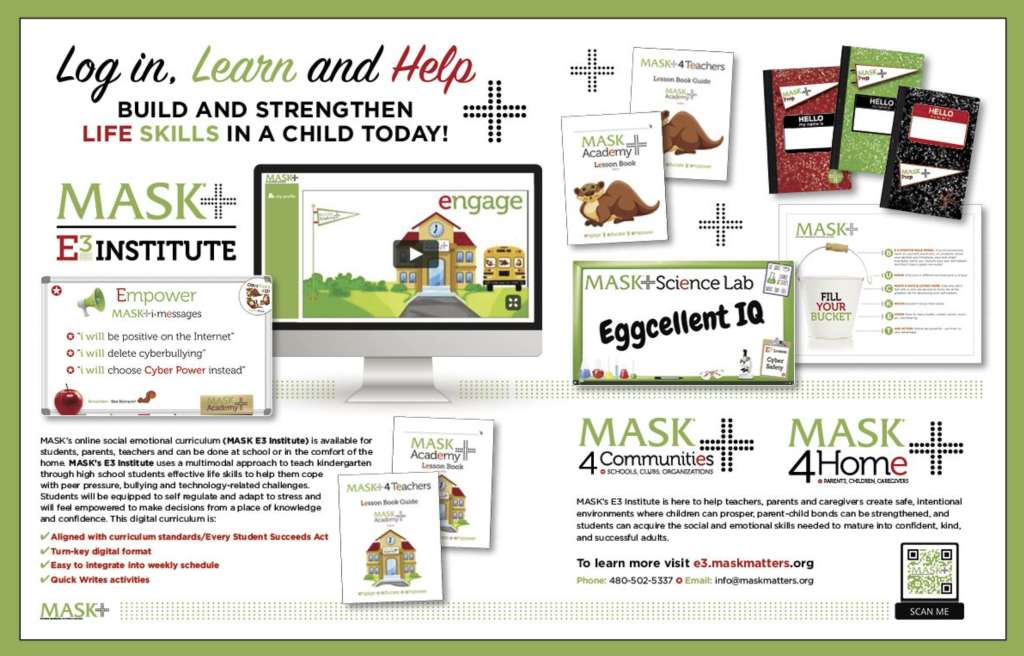
Teens and Independence
March 6, 2024
Tips on Promoting Healthy Eating Habits
March 29, 2024The importance of Life Skill Building for Children
Life skill building for children is crucial as it equips them with the necessary tools to navigate and succeed in various aspects of life. These skills go beyond academic knowledge and play a significant role in personal, social, and emotional development. Here are some key reasons highlighting the importance of life skill building for children:
Enhanced Problem Solving:
- Life skills empower children to think critically and solve problems effectively. They learn how to approach challenges with creativity and resilience, developing a mindset that fosters adaptability and resourcefulness.
Improved Communication:
- Children who develop strong life skills, including effective communication, can express themselves more clearly. This not only helps in academic settings but also in building healthy relationships with peers, teachers, and family members.
Increased Self-Esteem and Confidence:
- Mastering life skills boosts children’s self-esteem and confidence. When they acquire the ability to make decisions, set goals, and achieve them, they develop a positive self-image, which is essential for overall well-being.
Better Emotional Regulation:
- Life skills help children manage and regulate their emotions. They learn to identify and express their feelings appropriately, which is essential for building healthy relationships and coping with stress.
Social Skills Development:
- Life skills such as teamwork, cooperation, and empathy are vital for successful social interactions. These skills enable children to work effectively in groups, understand different perspectives, and cultivate positive relationships with others.
Preparation for Independence:
- Life skill building prepares children for independence in adulthood. Skills such as time management, financial literacy, and decision-making are essential for navigating the challenges of daily life and becoming self-sufficient.
Academic Success:
- Life skills complement academic learning by providing a foundation for effective learning strategies. Children who possess organizational skills, time management, and a strong work ethic are likely to perform better in school.
Responsible Citizenship:
- Life skills contribute to the development of responsible and ethical individuals. Children learn about civic responsibility, respect for diversity, and the importance of contributing positively to their communities.
Adaptability in a Changing World:
- The world is constantly evolving, and life skills prepare children to adapt to new situations and challenges. Flexibility, problem-solving, and a willingness to learn are essential attributes for success in an ever-changing environment.
Long-Term Well-Being:
- Investing in life skill development sets the foundation for long-term well-being. Children who acquire these skills are better equipped to face the demands of adulthood, leading fulfilling and successful lives.
In summary, life skill building is integral to holistic child development, fostering qualities that contribute to personal fulfillment, positive relationships, and success in various life domains.
To register your child or students in the MASK E3 Institute
MASK E3 Institute begins in kindergarten and continues through high school, children are educated through the MASK E3 Institute at a developmentally age-appropriate level on a wide variety of topics such as bullying, peer pressure, self-esteem, alcohol and substance use/abuse, communication, and technology safety etc. The E3 Institute includes MASK Pre-K (Storytime),MASK Academy (K-6th grade), MASK Prep (middle and high school), and Parent University.



